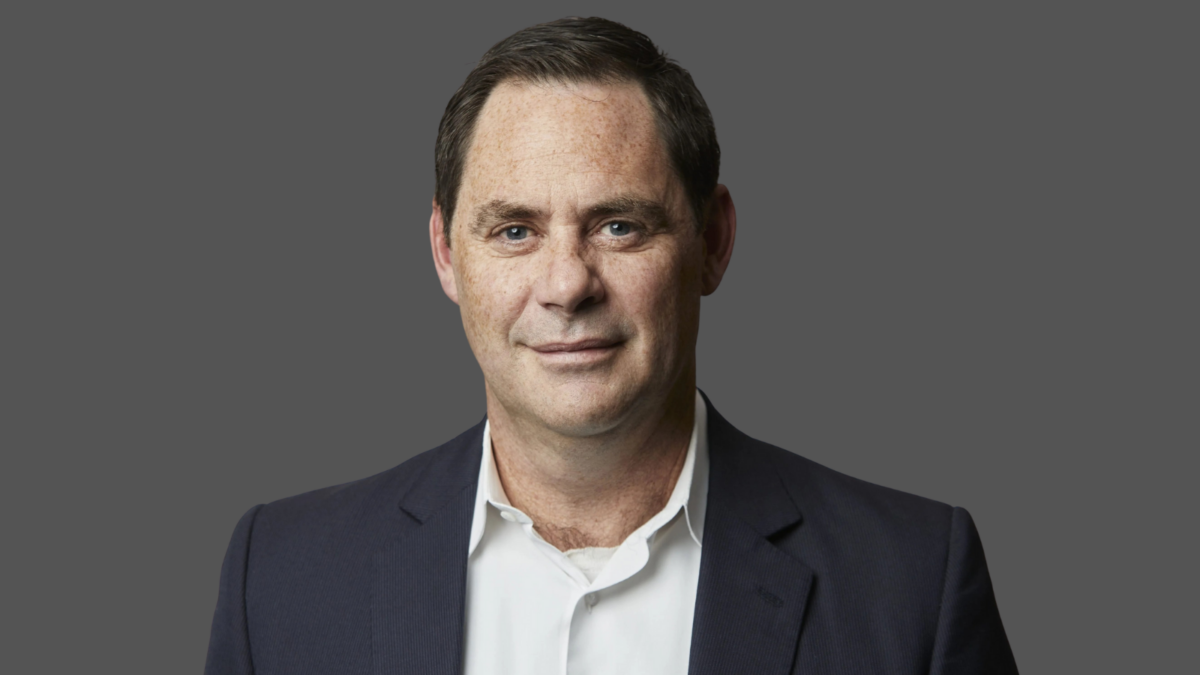Why investors should keep waiting for the other shoe to drop
One of the greatest accepted wisdoms since central banks started hiking interest rates was that those hikes have caused stock valuations to come off. But that’s not the whole story, says Talaria co-CIO Hugh Selby-Smith.
“What happened in terms of the big 10 particularly, but also the wider market, was that they just didn’t deliver earnings,” says Selby-Smith. “If you look at Apple, Microsoft, Nvidia, Google, Facebook and go back to what the market expected in terms of earnings in early 2022 the outcome was at least double digit worse than expectations. Outer year forecasts also came down.”
Those misses were more a function of companies over-earning in 2020 and 2021 and analysts and investors extrapolating those results into the future than interest rates. A lot of those companies have “very compelling stories” – stories that often contain some truth – but they don’t necessarily translate into a good investment, Selby-Smith says, and some of them have also become so large and taken so much market share that they’ve become cyclical as well.
But because a whole range of well-known stocks have come down to a significant degree, investors have conflated that as reflective of pricing in an economic event rather than the “overall pie” of corporate profitability getting reallocated across the economy and the rate of expansion of that pie being lower than anticipated.
“The magnitude of the declines I think has led to this slight risk where people feel that they’ve been talking about a recession for 18 months and it hasn’t happened… Because they’ve seen a share price decline commensurate with other periods where we’ve had an economic slowdown and market correction as a function of falling corporate profitability, they’ve conflated that with an economic slowdown that people have been talking about forever but hasn’t come through.
“I think there’s a real risk there, and you’d be expecting that the lagged impact of monetary policy which is about 18 months should only be starting around March… People have this fatigue around the outlook, everybody’s been cautious for quite a long time, when logically it’s still in front of you.”
Several sectors of the market are pricing in a recession. The difference between the cap- and equal-weighted S&P500 is around 9.3 per cent – the largest it’s been in 20 years – and investors aren’t necessarily getting the whole picture.
“Forget the headline stocks that make up 25 per cent plus of the index – in the equal weighted index, that’s basically flat,” Selby-Smith says. “You are seeing a repricing in the market about these things, but people are looking at the cap-weighted index and thinking that it’s reflective of an improving outlook, when that’s not commensurate with what you’re seeing under the surface.”
“If you look at what happened in 1999-2000, and I’m not suggesting we’re in the same period, but coincidentally the leading three sectors are the same leading three sectors now – consumer discretionary, communications services and IT. Is that something markets are necessarily missing? No, but I do think there’s a behavioral risk around that.”











